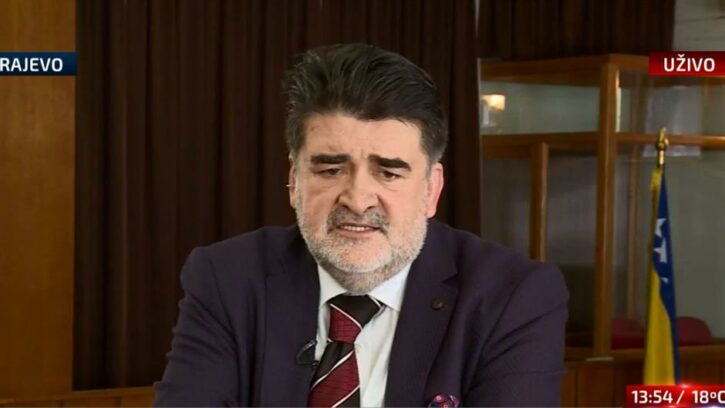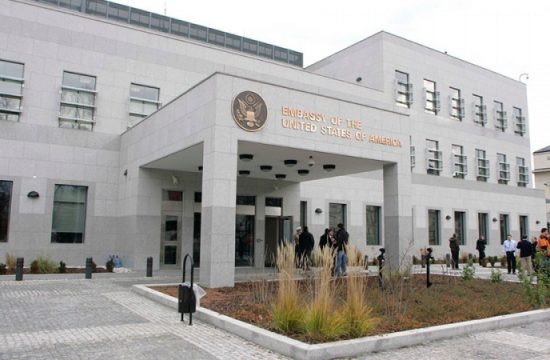
Bosnian professor Nerzuk Curak told N1 he is not an optimist when it comes to Bosnia's EU accession process and that the country's accession is pretty uncertain. The new government will suffer from low capacity and identity issues. Therefore the government-formation process will be slow and it will greatly suffer, Curak added.
“Unfortunately, I can't be optimistic when it comes to Bosnia's European future. Its EU accession seems pretty uncertain due to several reasons. Primarily because of the nationalist political actors who don't want to build a proper state, but there are also some foreign actors and global and regional geopolitical circumstances, marked by the triumph of the retrograde, neo-right, chauvinist forces. Bosnia's accession into the EU is very questionable under these circumstances,” Curak told N1.
Nerzuk Curak is a professor at the Sarajevo Faculty of Political Sciences. He is a journalist, publicist, an intellectual and a peace activist.
According to him, the May, EU-Western Balkans summit in Thessaloniki, Greece, sent a discouraging message to the Balkan countries saying that the accession process has been put on standby and that the EU is now focusing more on the development of the neighbourhood policy and strategic partnerships.
Speaking about the recent general election results in Bosnia, Curak said the government formation in the country will be very slow. The newly formed authorities will have low capacity and they will be plagued national identity issues, instead of dealing with life issues and the EU's demands will be disregarded for the most part.
“I'd say we're looking at a very tedious government formation process and when the government does get formed, there won't be any major differences in its work from the previous government, when it comes to the EU accession process,” Curak noted. “I even think there will be a further radicalization of the political situation in the country,” Curak added.



